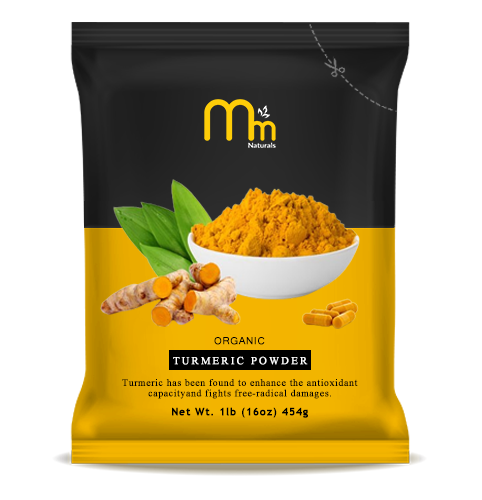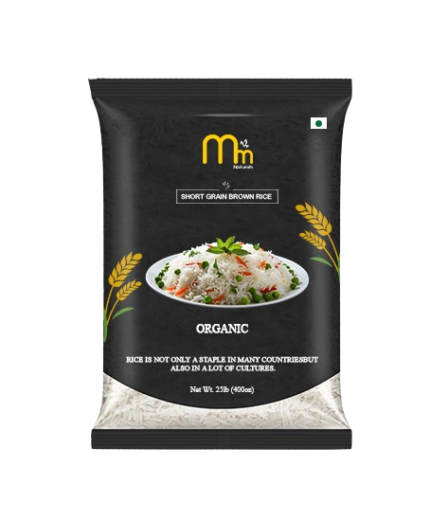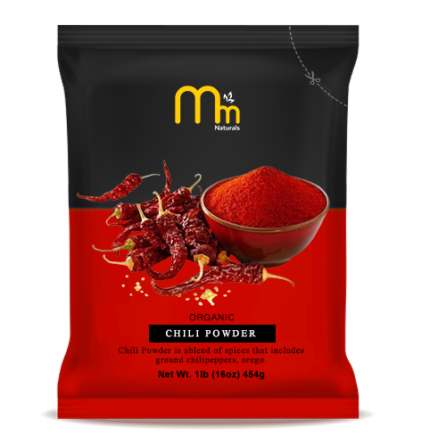Turmeric Powder
Turmeric is one of the most popular spices from Curcuma longa’s root. A chemical is present in it, known as curcumin, which helps reduce swelling easily. People Mostly used turmeric for osteoarthritis. It is also used for high fever, high cholesterol, depression, a type of liver disease, and itching, but there is no valid scientific proof to support most of these uses. Some people use turmeric to prevent COVID-19, but also there is no scientific proof for that.
It is generally used to treat those conditions that involve pain and inflammation, because curcumin and other chemicals in turmeric might decrease swelling, also used to flavor or color curry powders, Mustards, butter, and cheeses. Turmeric Powder has a warm, bitter taste.
Curcumin is a medium that is found in turmeric, it might work similarly to the hormone estrogen. Apparently, this could have an impact on those situations when hormones are involved. It could activate a menstrual cycle or provoke the uterus, at risk for the fetus. If you are pregnant, avoid taking remedial doses of turmeric.
Uses & Effectiveness
– Osteoarthritis:
When taken either by itself or in combination with other herbal substances, turmeric extracts can help patients with osteoarthritis in their knees feel less pain and function better. Ibuprofen and turmeric may be equally effective in decreasing pain. It does not come into view to function as well as diclofenac, which is a different medicine.
– Indigestion (dyspepsia):
Hyperlipidemia is the term for high blood levels of cholesterol or other lipids. Oral turmeric supplementation appears to reduce blood fats known as triglycerides. Turmeric’s effects on cholesterol levels, however, are not entirely consistent. Additionally, a wide variety of turmeric-based products are accessible. The most effective ones are unknown.
– Nonalcoholic fatty liver disease, or NAFLD, is the accumulation of fat in the liver in individuals who consume little to no alcohol. When taken orally, turmeric extract lowers liver damage signs in those who suffer from it. Additionally, it appears to help stop the liver from accumulating additional fat.
– oral mucositis, or oral sores, and swelling (inflammation), Chewing turmeric’s constituent, curcumin, orally, or as a lozenge or mouthwash, appears to minimize oral soreness and edema following cancer radiation therapy.
Potentially ineffective for
Alzheimer’s disease-
A compound that is present in turmeric, known as oral curcumin, does not emerge to reduce the symptoms of Alzheimer’s disease.
Stomach ulcers- Stomach ulcers do not emerge to get better when turmeric is taken orally.
Side Effects
When taken by mouth: Short-term use of turmeric is probably safe. It appears safe to use turmeric products containing up to 8 grams of curcumin daily for a maximum of two months. Similarly, ingesting up to 3 grams of turmeric daily appears to be safe for a maximum of three months. Serious adverse effects are rare with turmeric. Mild side effects including nausea, dizziness, diarrhea, and upset stomach are sometimes experienced by some people. At greater dosages, these adverse effects are more frequent.
When applied to the skin: The application of turmeric as a mouthwash may be considered safe. Probably, turmeric is harmless.
When applied to the rectum: Turmeric is likely safe when we use it as an enema.





Reviews
There are no reviews yet.